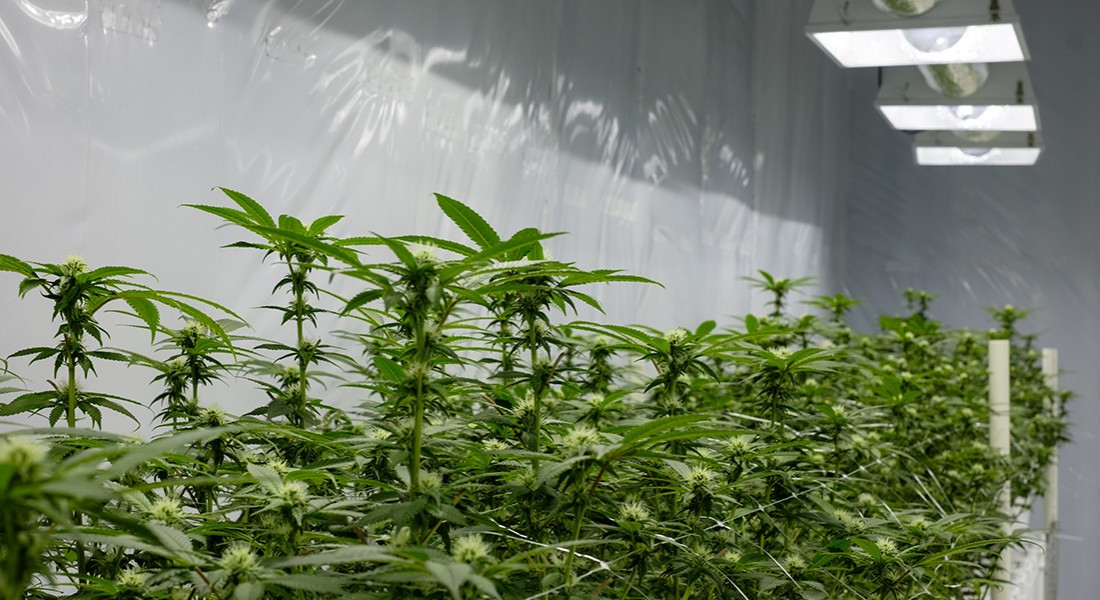Legalization in the ‘Peg
Chamber of Commerce hosts luncheon about what legalization will look like here
“When Legalization comes to Winnipeg” is the title of the luncheon hosted by The Winnipeg Chamber of Commerce on March 17.
It is being held to inform businesses and community members on how they should respond to the push for legalization of marijuana by the federal government.
“It’s about making sure we’re ready for the day legalization is upon us,” Loren Remillard, president and CEO of The Winnipeg Chamber of Commerce, says. “We can either put our heads in the sand and pretend it’s not coming, or we can use this window of time to prepare.”
The event is bringing Jeannine Machon, member of the Colorado Cannabis Chamber of Commerce who influenced Colorado’s laws when they transitioned to legalization, to talk about the benefits and costs of it.
“As a business community, we felt it necessary to do our due diligence, learning from the experience of other jurisdictions that have gone down this road, so we can be prepared for the business opportunity and the social impacts,” Remillard says.
He adds that the focus is not just on the sale of marijuana for inhalation, but also on other aspects, such as edible marijuana products and the value it could add to agricultural practices.
“We’ve had a wide range of businesses and people expressing interest – those who do workplace safety and health, educators and industries you wouldn’t necessarily connect with the issue.”
He hopes Winnipeg learns from the experts they’re bringing in and understands what economic opportunities legalization presents in a Manitoban context. So far, they’ve received varying responses from the public.
“It’s run the gamut. Certainly we’ve had people concerned with the ethics and social impacts of legalizing a drug,” Remillard says. “(Part) of the way to address that is to deliver objective facts. We hope this event will be the perfect vehicle for people to get a firsthand account of the legalization process.”
Though economic viability of legalization is important, those who use marijuana for medicinal purposes have different incentives for the push towards legalization.
“The dispensary situation in Winnipeg is rather distressing for people who would benefit from access to various strains (of weed) that are available for a myriad of chronic illnesses,” Barb Altman says.
Altman is allergic to standard pain medications that include opioid therapy and instead uses medical marijuana for two chronic conditions that require pain relief. She used to live in Winnipeg but moved to British Columbia, where legal weed is more accessible.
“I can't even begin to fathom how negatively the current restrictions in Winnipeg would affect me,” she says. “Smoking, vaping and/or ingesting different strains of high-grade dispensary weed is the only thing I can use for pain (which doesn’t) cause significant kidney, liver and gastrointestinal damage.”
When it comes to resistance of legalization, Altman says she believe the “war on weed” is a waste of money and resources, and that Canada would benefit from restructuring existing legislation.
“My ultimate hope is the legalization of recreational weed across the board,” Altman says. “If you eliminate the black market, the criminal element is removed, making it safer to buy … safer to smoke, as the risk of getting tainted weed is far less likely and will free up law enforcement to fight violent crime.”
Published in Volume 71, Number 24 of The Uniter (March 16, 2017)







